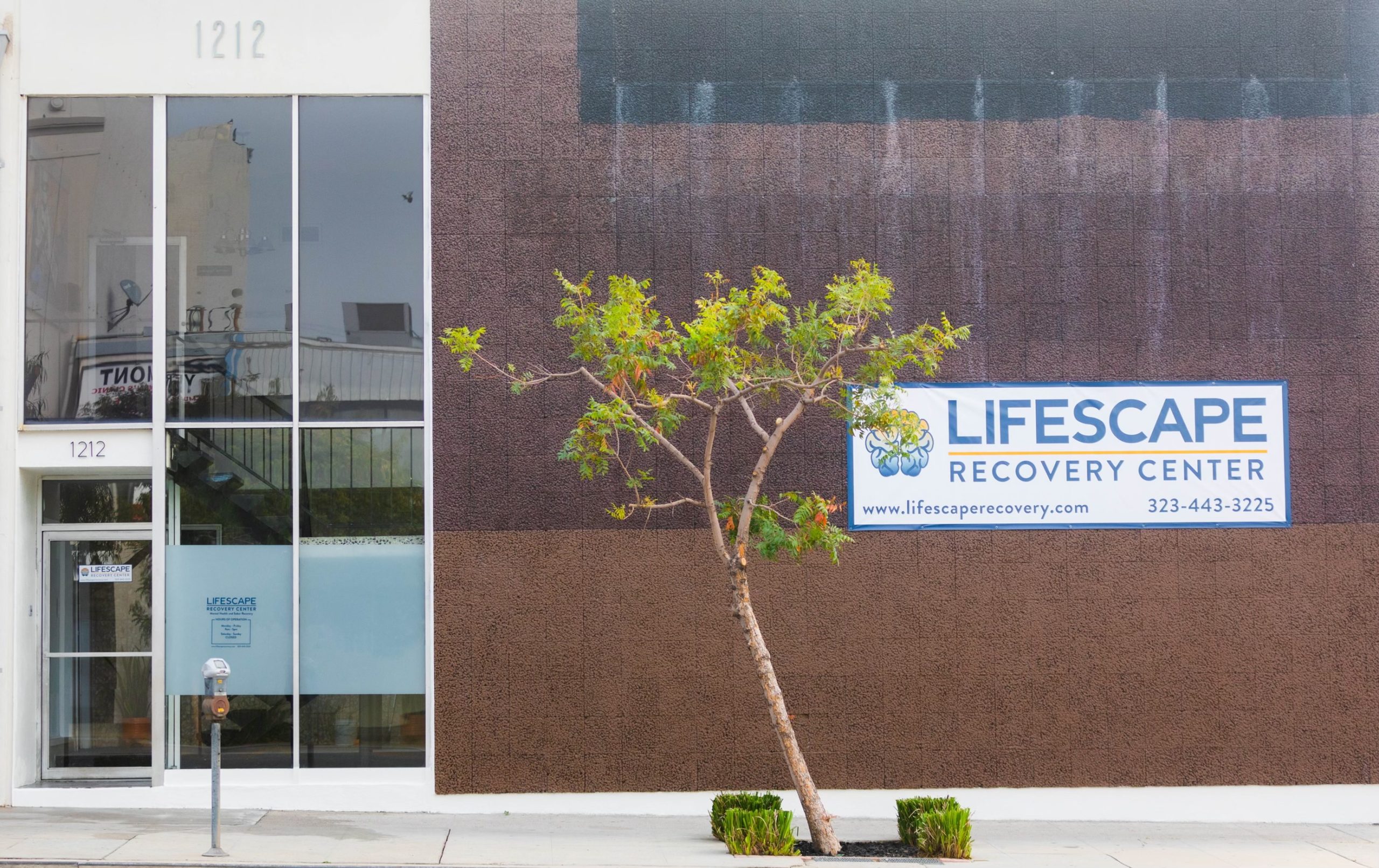July is Minority Mental Health Awareness Month: Recognizing and Addressing Disparities
July marks the observance of Minority Mental Health Awareness Month, a critical initiative that aims to bring to light the prevalence and unique challenges of mental illness among minority populations in the United States. According to the National Alliance on Mental Illness (NAMI), while mental health conditions do not discriminate based on race, color, gender, or identity, these elements can make access to mental health treatment much more difficult. This awareness month underscores the urgent need for accessible, culturally competent care and equitable mental health services for all, values Lifescape Recovery passionately champions.

Understanding Minority Mental Health
The Prevalence of Mental Health Issues in Minority Communities
Minority communities across America—encompassing racial or ethnic minorities, LGBTQ+ individuals, and refugees and immigrants—bear a disproportionate burden of mental health conditions. A report from the Substance Abuse and Mental Health Services Administration (SAMHSA) indicates that in 2018, 16.3% of U.S. Hispanic adults experienced mental illness in the past year, equivalent to over 7 million individuals. This prevalence underlines the acute need for mental health awareness and accessible services.
The Stigma Surrounding Mental Health in Minority Communities
Breaking Down Barriers
Stigma surrounding mental health is a pervasive issue in minority communities. This stigma, fueled by misunderstandings and misconceptions about mental health, leads to discrimination and further isolates individuals struggling with mental health conditions. Consequently, many who need help may hesitate to seek it, leading to untreated or under-treated mental health conditions. In African American communities, for instance, only 31.6% of people with mental illness receive treatment, compared to the U.S. average of 43.1%.
Barriers to Mental Health Care in Minority Communities
Barriers to mental health care in minority communities are multifold. Language barriers, lack of culturally competent providers, and lower rates of health insurance coverage pose significant hurdles. Systemic issues like racism and discrimination further impede access to mental health services. For instance, according to the American Psychological Association, in 2015, 15.6% of Asian adults with mental illness received treatment, the lowest rate among U.S. adults across all racial and ethnic groups.
The Importance of Culturally Competent Care
Providing culturally competent care is integral to effective mental health treatment. Health care providers who understand and respect the cultural backgrounds, beliefs, and values of their patients can forge better connections and provide more effective treatment. This understanding is crucial in minority communities, where cultural nuances can significantly impact mental health experiences and the effectiveness of treatment strategies.

Minority Mental Health and Addiction
The co-occurrence of mental health conditions and addiction is a reality in minority populations. Stressors inherent to being a minority—such as discrimination, acculturation stress, and socioeconomic disadvantage—can contribute to mental health issues and substance use disorders. The National Survey on Drug Use and Health (2017) revealed that among adults with any mental illness, 18.7% had a substance use disorder in the past year, underscoring the importance of an integrated approach to treatment.


Minority Mental Health Awareness Month serves as a significant reminder of the ongoing disparities in mental health care. This awareness is an opportunity for everyone involved in healthcare delivery, policy making, and communities at large, to recognize the unique mental health needs of minority populations and take proactive steps towards improving access and outcomes.
At Lifescape Recovery, these disparities aren’t merely recognized, but are actively addressed. They strive to provide an inclusive, accessible, and culturally sensitive environment where individuals from all walks of life can receive the help they need. Their emphasis on integrated care and cultural competence ensures that patients from diverse backgrounds feel understood, valued, and adequately supported throughout their recovery journey.
As we commemorate Minority Mental Health Awareness Month, let us commit to ongoing education, advocacy, and an unwavering dedication towards equity in mental health care. Everyone, regardless of their background, deserves access to quality mental health services and the opportunity to live a fulfilling and healthy life. Through continued efforts and initiatives like Minority Mental Health Awareness Month, we move one step closer to making this a reality.
Published: June 28, 2023
Last Updated: June 13, 2023

Published: February 20, 2026
IOP Program for Depression
Summary: Depression is one of the most common mental health conditions in the United States, affecting an estimated 21 million adults each year. It causes persistent changes in mood, energy, motivation, sleep, and concentration that interfere with daily functioning, work, and relationships. IOP program for depression provides structured, evidence-based treatment — including individual therapy, group […]
Read more
Published: February 05, 2026
Intensive Outpatient Program for Anxiety
Summary: Anxiety disorders are the most common mental health conditions in the United States, affecting an estimated 40 million adults each year according to the National Institute of Mental Health. While temporary anxiety is a normal response to stress, anxiety disorders involve persistent, excessive worry and fear that interfere with daily functioning, relationships, and quality […]
Read more
Published: January 26, 2026
OCD vs. Autism: Understanding the Differences
Obsessive-compulsive disorder (OCD) and autism spectrum disorder (ASD) are often confused with one another. Both can involve repetitive behaviors, rigid routines, sensory sensitivities, and distress when things feel “off.” From the outside, the overlap can look striking. But in clinical treatment, the why behind those behaviors matters just as much as the behaviors themselves. At […]
Read more
